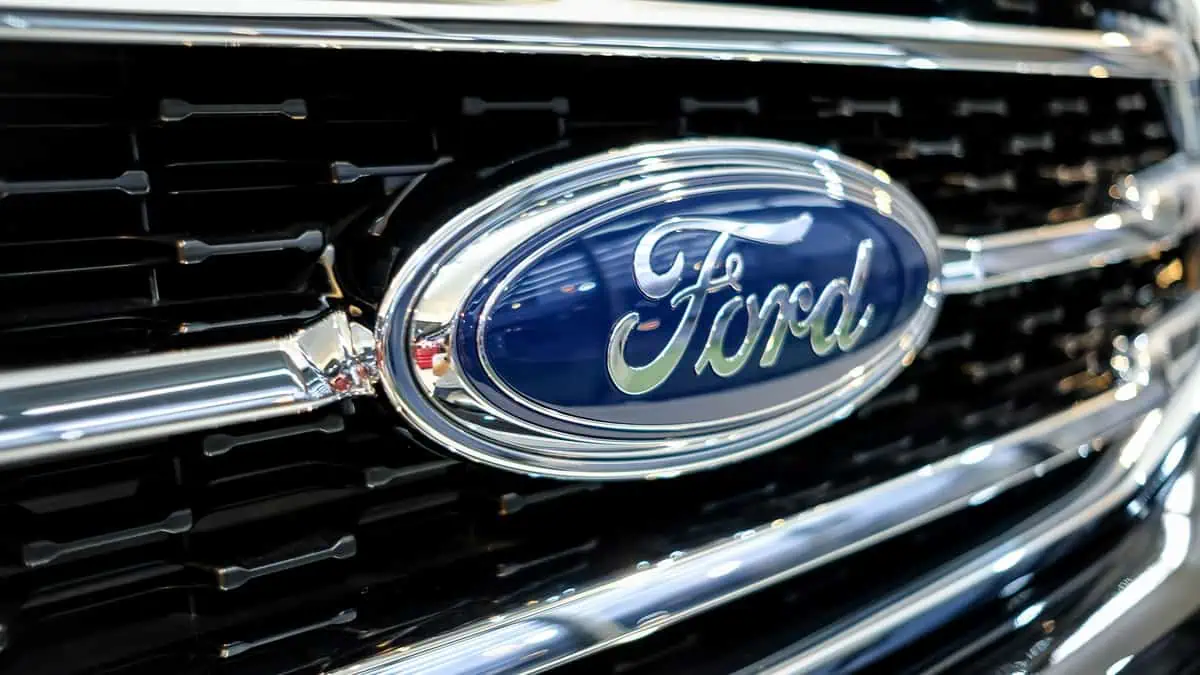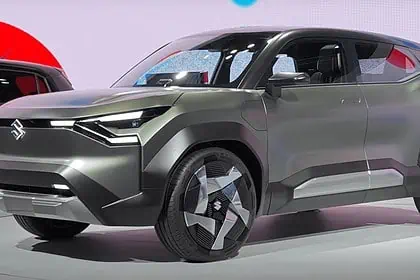Ford has disclosed a partnership with Rockwell to assist it in overcoming production barriers for electric vehicles, as per Electrek.
The American automaker anticipates that the top industrial automation provider will empower its upcoming three electric vehicle production lines and hasten the launch of its EV.
“We look forward to working closely with Ford and its ecosystem over the next several years to accelerate business outcomes and advance the company’s position as a global leader in the electric vehicle market,” Rockwell CEO Blake Moret stated.
Jane Barr, Rockwell’s VP of global industry accounts, added:
“Our open-system approach ensures EV production aligns with the latest industry standards, regulations, and customer expectations.”
Partnership
The new partnership between the two companies is expected to enable Ford to successfully launch its EVs on schedule. Apart from this, Rockwell has also been committed to aiding the automaker in fulfilling the increasing demand for its EVs.
The press release indicates that Rockwell will serve as its “vehicle operations primary controls and solutions provider.” Rockwell also claims that it can aid automakers like Ford in “improve quality, reduce costs, increase responsiveness, and improve time-to-market throughout their supply chain.”
Ford will collaborate with Rockwell at its upcoming three EV assembly facilities. Remarkably, it covers the automaker’s $5.6 billion EV battery and manufacturing facility in Blue Oval City, Tennessee.
Ford’s presence in the US
Notably, Ford continued to rank as the second-best EV brand in the US during the third quarter. For reference, the automaker has sold 31,144 Mustang Mach-E, 11,196 F-150 Lightning, and 5,157 E-Transit vans so far this year through October.
At a conference in Detroit yesterday, CEO Jim Farley announced the company’s ambition to replace Tesla as the market leader. He began by saying, “We want to be number one.” After that, he elaborated its planned strategies, including the production of electric vehicle parts to achieve its growth ambitions.
For instance, the automaker incorporated electric motors and batteries into its past production targets, like in the Model A.
Production target
Ford aims to increase manufacturing to two million units by 2026. That said, it will likely achieve its goal of a 600,000 EV run rate by the end of 2023.
However, it faced many delays and difficulties brought on by supply chain bottlenecks. Ford spoke about the matter during its Q3 results call, saying:
“Clearly, we need to continue to improve our competitiveness, not just on quality, but on cost and supply chain management. I can’t overstate the sense of urgency we have to address these critical operating areas. I look forward to updating you on future calls.”
There is no doubt that this new partnership will improve the automaker’s supply chain and production capacity, significantly contributing to the realization of Ford’s ambitions.






